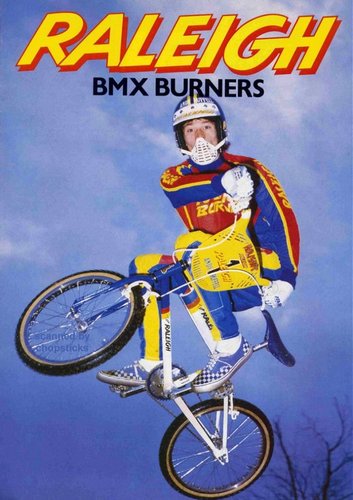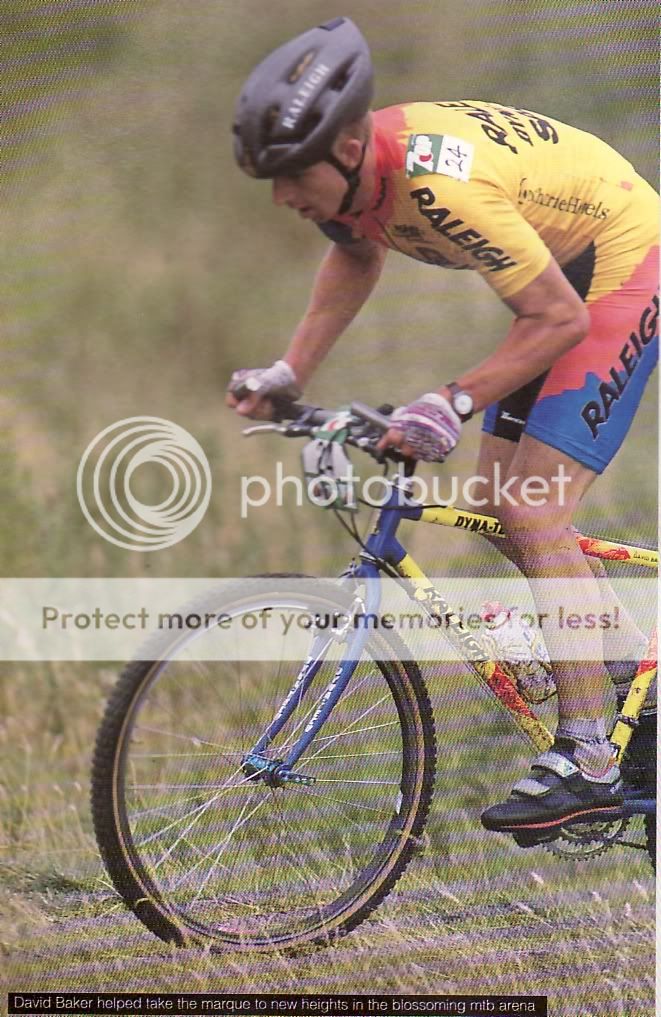2alexcoo
Retrobike Rider
Thanks for the link Jim, a very informative read.
I am sure many of us here look back with nostalgia at the Raleigh bikes we had in our youth. I doubt Apollos, Shockwaves etc will be revered in 20 years time :roll:
They were relatively expensive, though, which is probably why the Halfords junk mentioned above has taken over in the mass market. I remember my dad buying me one of the last Grifters in 1982, it cost £98 which is about £300 in today's money!
I am sure many of us here look back with nostalgia at the Raleigh bikes we had in our youth. I doubt Apollos, Shockwaves etc will be revered in 20 years time :roll:
They were relatively expensive, though, which is probably why the Halfords junk mentioned above has taken over in the mass market. I remember my dad buying me one of the last Grifters in 1982, it cost £98 which is about £300 in today's money!





